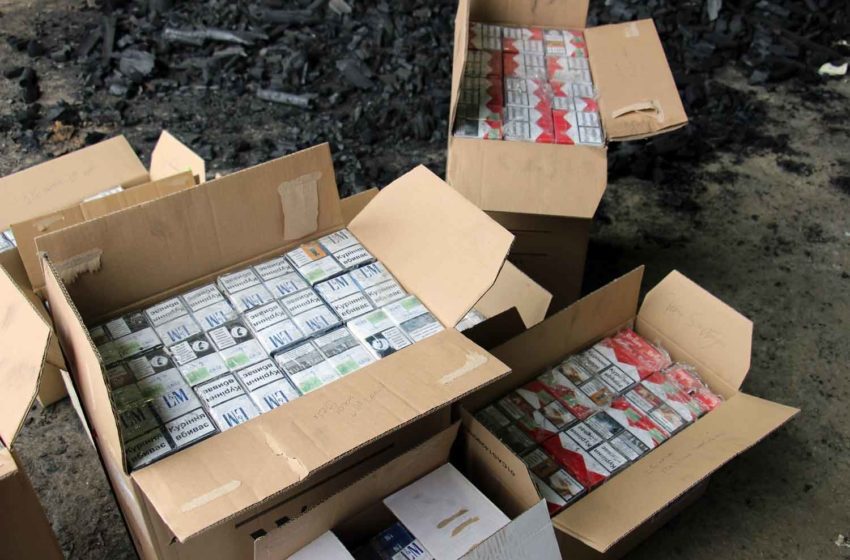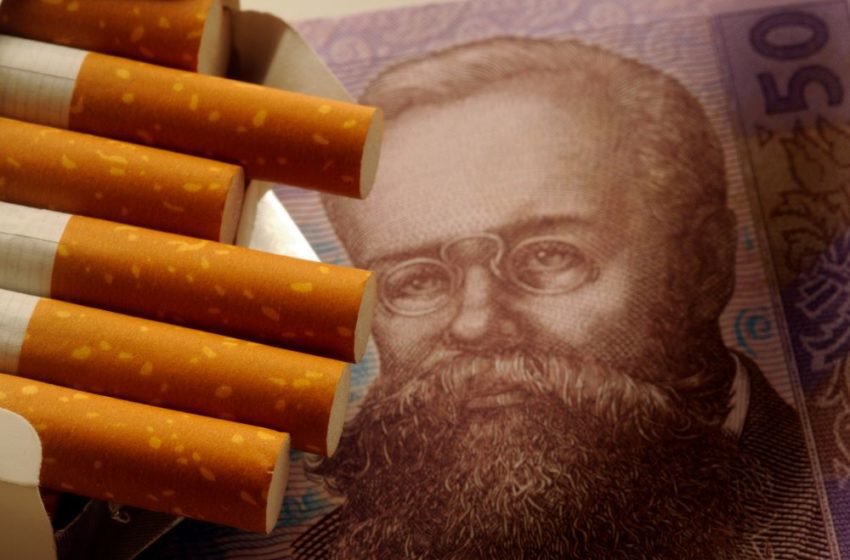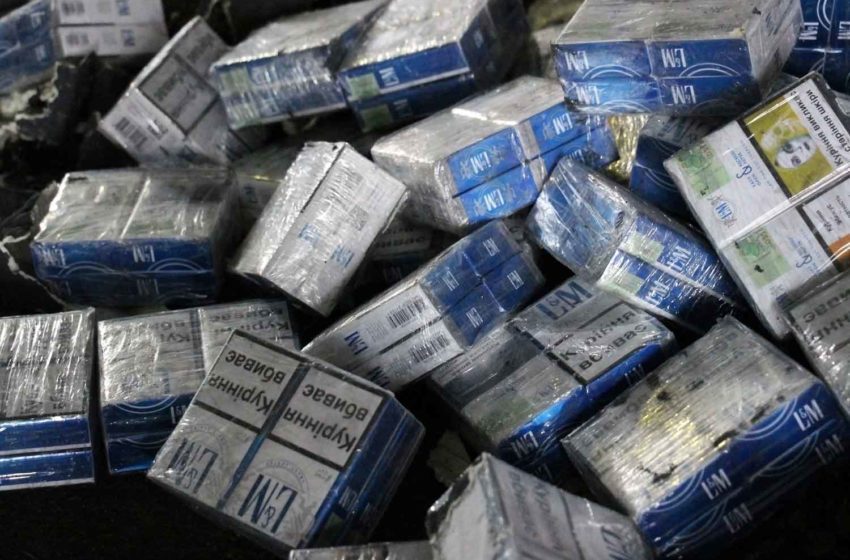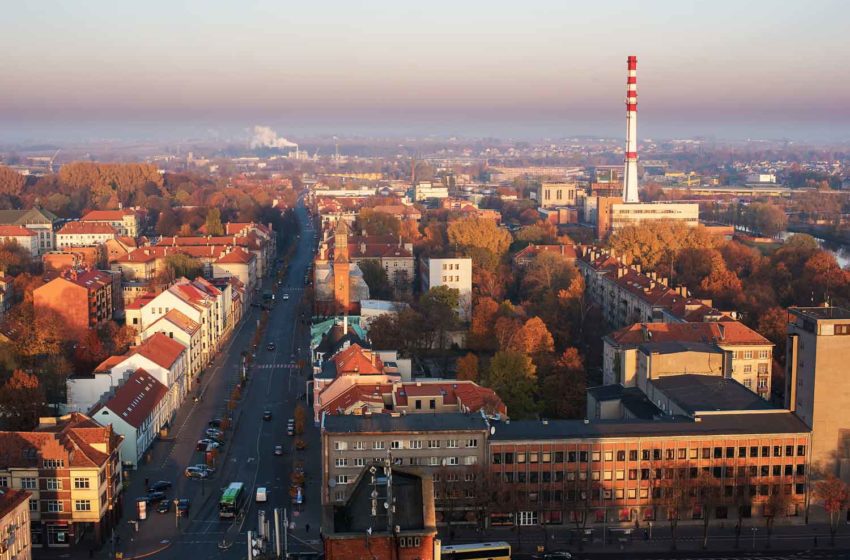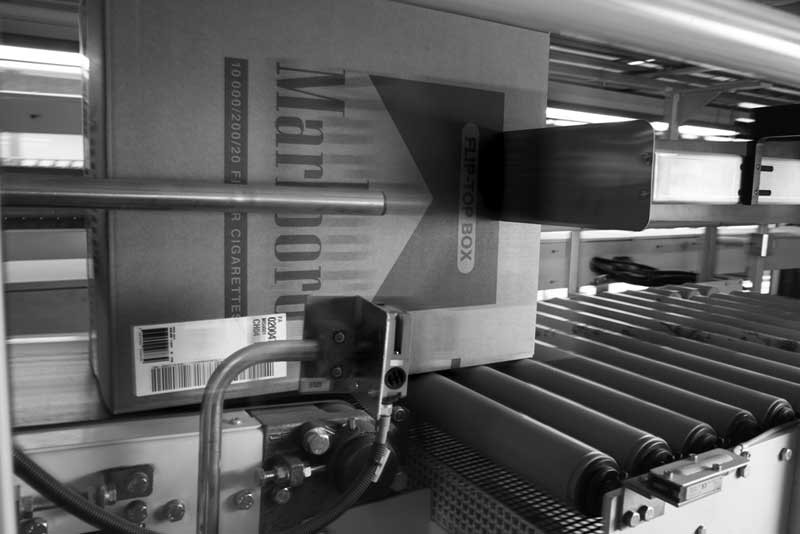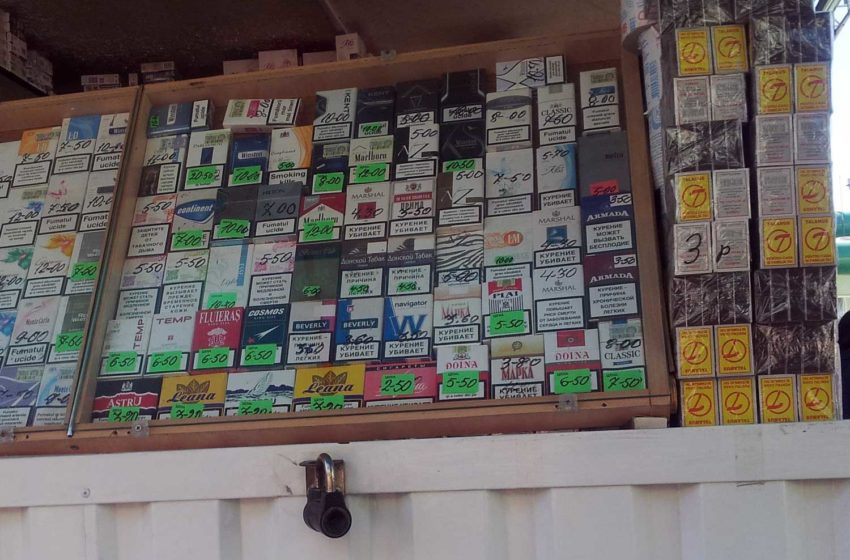Since the start of the war with Russia, Ukraine has dismantled at least six illegal cigarette factories.Read More
Tags :Ukraine
The Ukrainian plant allegedly stored tobacco products without tax stamps.Read More
Roundtable participants propose working group to tackle the problem in Ukraine. Read More
Tax-avoiding cigarettes account for one-fifth of market, says Kantar Ukraine Institute.Read More
The Klaipeda plant will take over some of the multinational's idled production in Ukraine. Read More
Governments and industry should rebuild with reduced-risk products, argues Derek Yach.Read More
Heated tobacco products are now subject to the same restrictions as combustibles.Read More
Production at PM's Kharkiv facility remains suspended as a result of the war in Ukraine.Read More
Russia’s invasion of Ukraine has wreaked havoc on the regional tobacco market. Read More
Confronted with rising prices for batteries, engineers are using power cells from vapes.Read More
